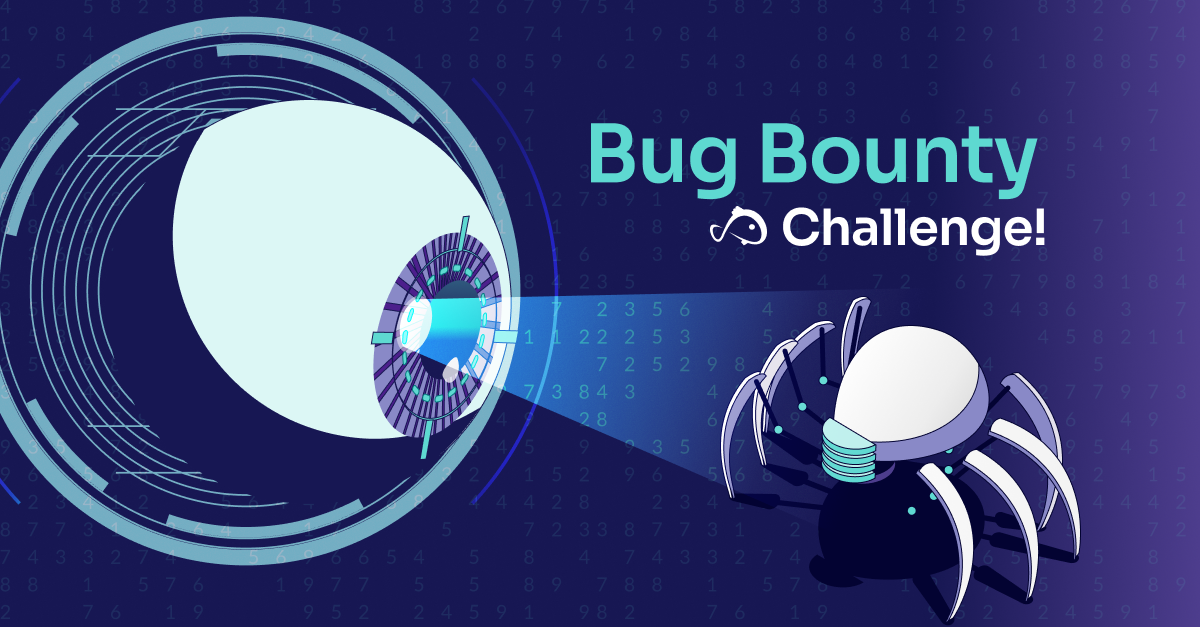As Web3 continues to evolve, questions arise about the future of our digital identities and social interactions. Can decentralized identity systems transform how we verify and trust one another online? What role might social verification play in a decentralized web? As we navigate the evolving landscape of Web3, a crucial question emerges: What is the meaning of decentralized social networks, and can decentralized identity truly transform Web3? This article explores the intersection of social verification and decentralized identity, examining their potential to reshape our digital interactions and reclaim control over our online presence.
The digital identity dilemma
Our current digital landscape presents a paradox: while we’re more connected than ever, our online identities often feel fragmented and beyond our control. Centralized platforms hold vast troves of our personal data, raising concerns about privacy, security, and autonomy. The 2018 Facebook Cambridge Analytica scandal exposed 87 million users’ data, highlighting the risks of centralized data control. But are there emerging alternatives, and what challenges do they face?
The emergence of decentralized social networks
Decentralized social networks like Mastodon, Warpcast, and Nostr have emerged as alternatives in this space, challenging the status quo by distributing power and allowing users to control their data without central authorities. However, decentralization alone may not be sufficient to address all the challenges of our digital ecosystem.Decentralized social networks set the stage for a new era where power is distributed across the network. These networks allow users to control their servers and data, free from the dictates of a central authority. Yet, decentralization alone might not be enough. The real shift lies in how we manage our digital identities within these networks.The typical struggle to convert airdrop recipients into long-term users illustrates the risks of relying on short-term incentives. For decentralized identity systems, the focus must be on creating genuine value and sustained engagement, not just initial spikes in adoption. Can the development technology based on decentralized identity offer new solutions for building lasting user engagement across decentralized platforms?
Is decentralized identity presenting a new paradigm?
Decentralized identity presents a radical shift: what if we, not corporations or governments, held the keys to our digital selves? This concept envisions identities anchored in cryptographic technology, potentially offering users greater control and privacy. But how might this work in practice, and what hurdles must be overcome?Some key benefits include:* Self-sovereignty over personal data
-
Improved privacy and security
-
Seamless identity verification across platformsHowever, critics raise important questions:* How can we ensure inclusivity and prevent a new form of digital divide?
-
What happens if someone loses access to his/her decentralized identity?
-
Could this technology inadvertently create new forms of surveillance?
Social verification in a decentralized world
Decentralized networks take a fresh approach to social verification. Instead of depending on centralized authorities to confirm identities, peer-to-peer verification takes the stage. Platforms like MOTI are pioneering this approach, creating a new kind of online experience where trust is built through community validation and verifiable credentials.
Key components of social verification in DID systems
-
Peer-to-Peer endorsements: users can vouch for each other’s identities and attributes.
-
Verifiable credentials: digital proofs of achievements, skills, and characteristics that can be independently verified.
-
Reputation systems: decentralized mechanisms for building and maintaining trust within the network.
MOTI: A case study in decentralized identity and social verification
MOTI is at the forefront of this evolution. It offers a platform that combines decentralized identity with social verification. Built on Koii’s infrastructure, MOTI leverages blockchain technology to create a trustless environment where identities are secure and interactions are authentic. MOTI’s approach to decentralized identity:1) Self-Sovereign profiles: users create and control their digital identities.
-
Verifiable credentials: achievements and attributes are tokenized and verifiable.
-
Social proofs: Koii’s Task Nodes validate identities and interactions.
-
Attention mining: it incentivizes engagement with verified content, reinforcing trust in the network.
The future of Web3: identity, power, and opportunity
As we build this new digital world, we must remain vigilant about potential consequences. The integration of decentralized identity and social verification into Web3 could transform the internet, but it might also lead to new forms of exclusion or inequality if it is not carefully implemented.
A future with better privacy
Decentralized identity and social verification are like guiding lights in the Web3 landscape, offering both exciting possibilities and unique challenges. As we venture forward, it’s crucial to stay mindful of balancing the promise of these technologies with their potential risks.This shift in Web3 isn’t just about new technology; it’s a complete reimagining of how we live and interact in digital spaces. By embracing this new way of thinking, we have the chance to build a more equitable, secure, and user-focused internet. The journey into the decentralized web is just beginning with limitless potential for innovation and empowerment of communities.

 How to create your Koii wallet? A Comprehensive Guide
How to create your Koii wallet? A Comprehensive Guide